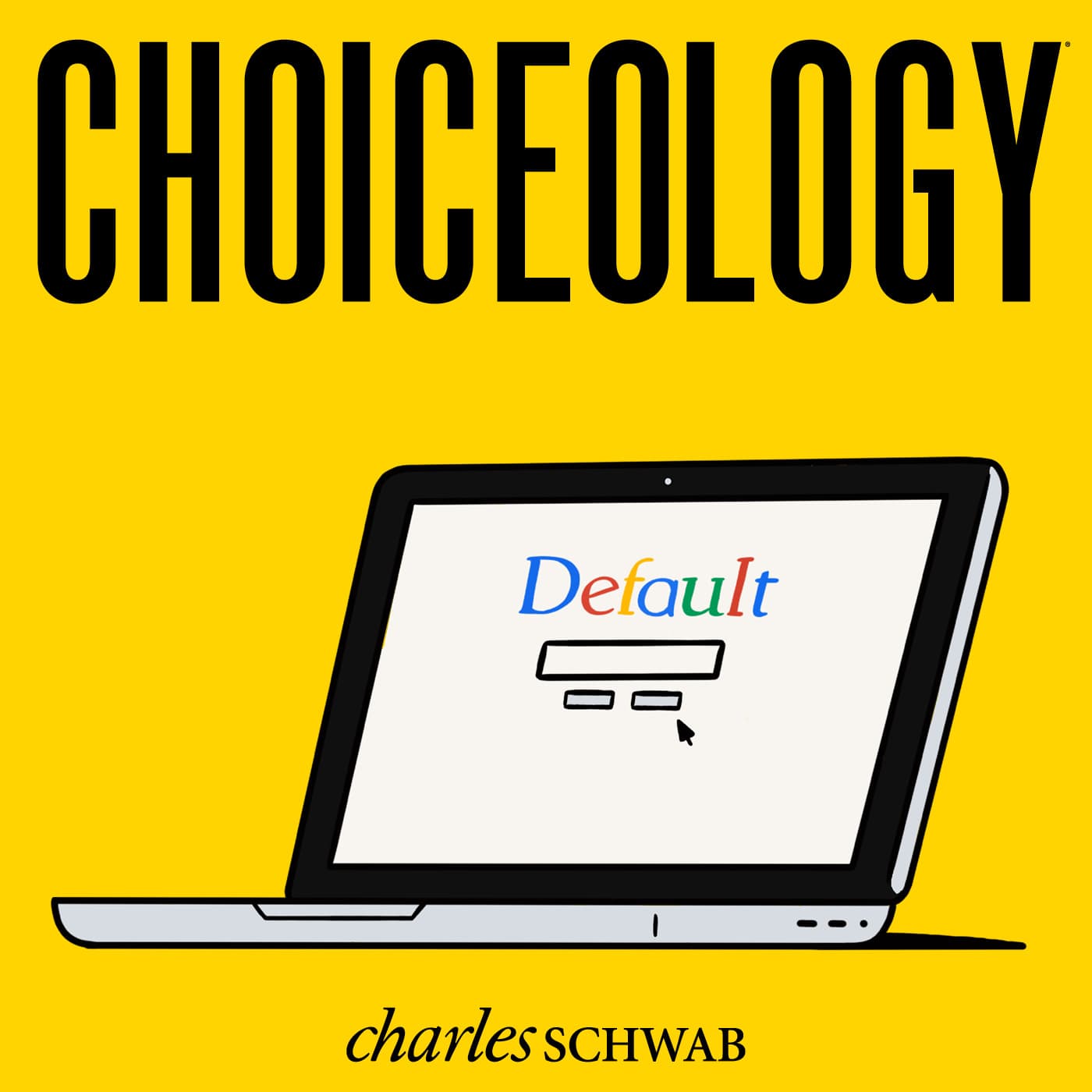The Simple Choice: With Guests Shlomo Benartzi & Eric Sink
We are inundated with decisions in the modern world. What to wear, what to buy, what to watch, where to work, what to eat, who to call, where to live, what to study, when to exercise, how much to save, etc. And every decision, no matter how small, requires mental effort. But when the choice is suggested to us ahead of time, the cognitive load is much smaller.
In this episode of Choiceology with Katy Milkman, we explore the subtle power of default options.
We begin with a simple experiment, offering free hot chocolate to random college students. A small shift in the way we present the option of a whipped-cream topping leads to a measurable change in the students' preferences.
Next up, a rather more consequential example. It's the story of the web browser wars in the mid-1990s. You'll get an insider's perspective on the epic battle between Microsoft's Internet Explorer browser, and Netscape Communications' Navigator browser. Netscape had a substantial head start in the browser space, pioneering many of the features we take for granted in web browsing today. But Microsoft employed a simple strategy to grow their user base for Internet Explorer and quickly gained market share. The end result of this strategy was a seismic shift in the industry. You'll hear from Eric Sink, a lead developer on the Internet Explorer project.
To examine the science behind defaults, Katy invited behavioral economist Shlomo Benartzi to join her to discuss the ways that choice architecture and defaults can have a major impact on our behavior, particularly around retirement savings programs.
Shlomo Benartzi is a Professor of Behavioral Decision Making at the UCLA Anderson School of Management and a Distinguished Senior Fellow at the University of Pennsylvania's Behavior Change for Good Initiative. He is a senior academic advisor to the Voya Behavioral Finance Institute. He is also the author of the book Save More Tomorrow: Practical Behavioral Science Solutions to Improve 401(k) Plans.
Finally, Katy offers practical advice on how to leverage defaults to reach your goals—and how to avoid the defaults that might trick you into less desirable options.
Choiceology is an original podcast from Charles Schwab.
If you enjoy the show, please leave a rating or review on Apple Podcasts.
Learn more about behavioral finance.
Explore more topics
All expressions of opinion are subject to change without notice in reaction to shifting market conditions.
The comments, views, and opinions expressed in the presentation are those of the speakers and do not necessarily represent the views of Charles Schwab.
Data contained herein from third-party providers is obtained from what are considered reliable sources. However, its accuracy, completeness or reliability cannot be guaranteed.
All corporate names are for illustrative purposes only and are not a recommendation, offer to sell, or a solicitation of an offer to buy any security.
Shlomo Benartzi and Voya Financial are not affiliated with Schwab and any mentions should not be construed as a recommendation, endorsement of, or sponsorship by Schwab.
Apple Podcasts and the Apple logo are trademarks of Apple Inc., registered in the U.S. and other countries.
Google Podcasts and the Google Podcasts logo are trademarks of Google LLC.
Spotify and the Spotify logo are registered trademarks of Spotify AB.



